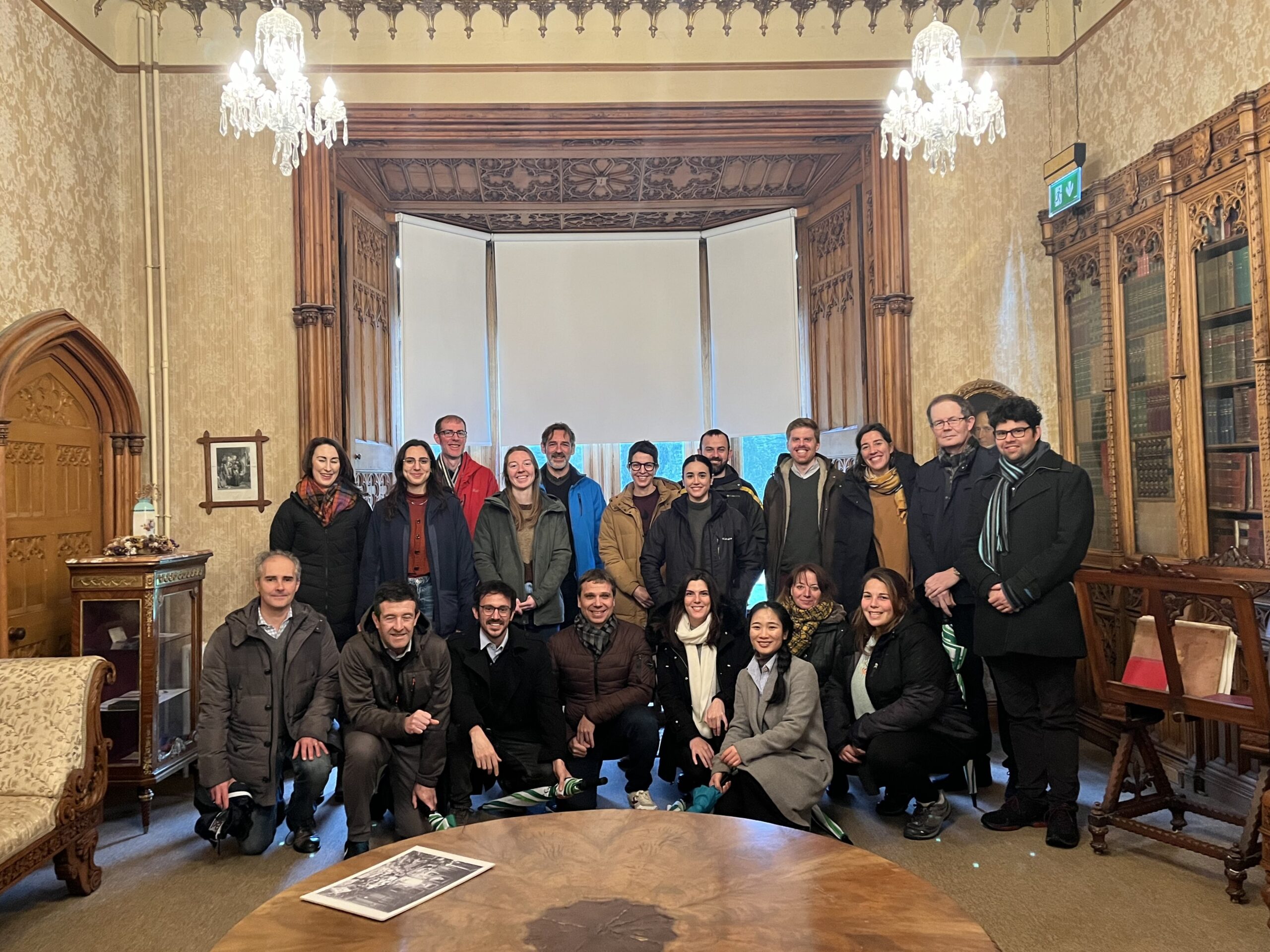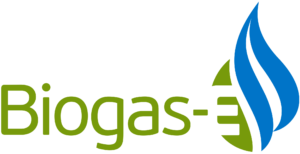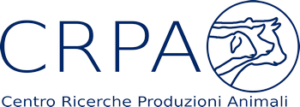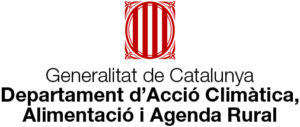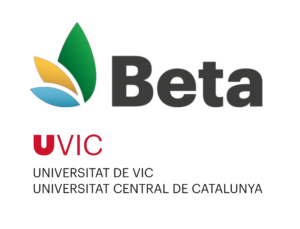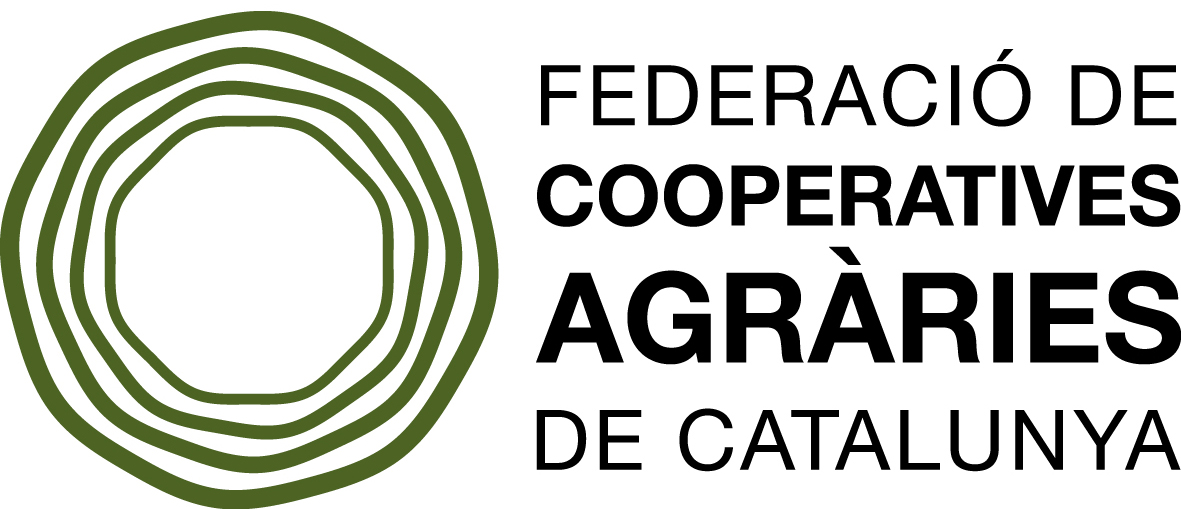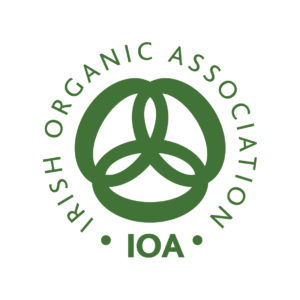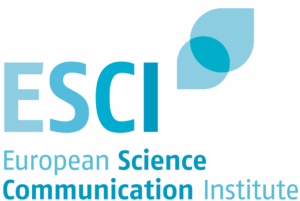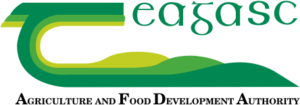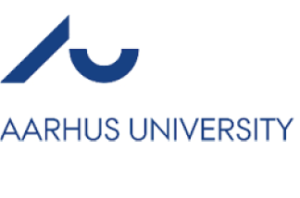Our team
People
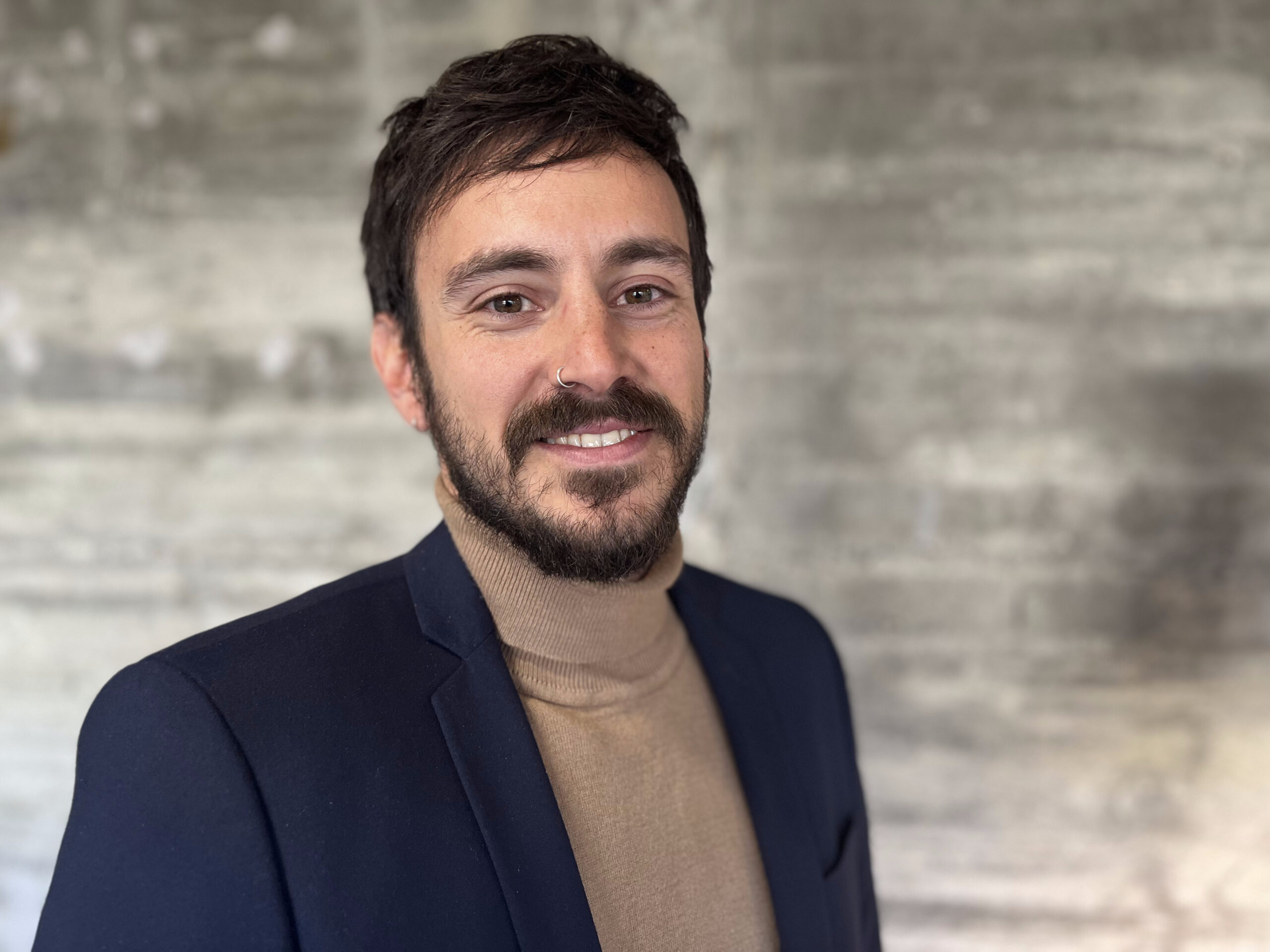
Victor Carbajal Perelló, Beta Technological Center
Victor is NUTRI-KNOW’s project coordinator. He is the head of the Governance for Sustainability unit at the Beta Technological Center of the University of Vic – Central University of Catalonia in Vic, Spain. He completed his PhD in environmental science at the Dundalk Institute of Technology (Ireland). He also holds a master’s degree in applied ecology from Universitat de Barcelona.
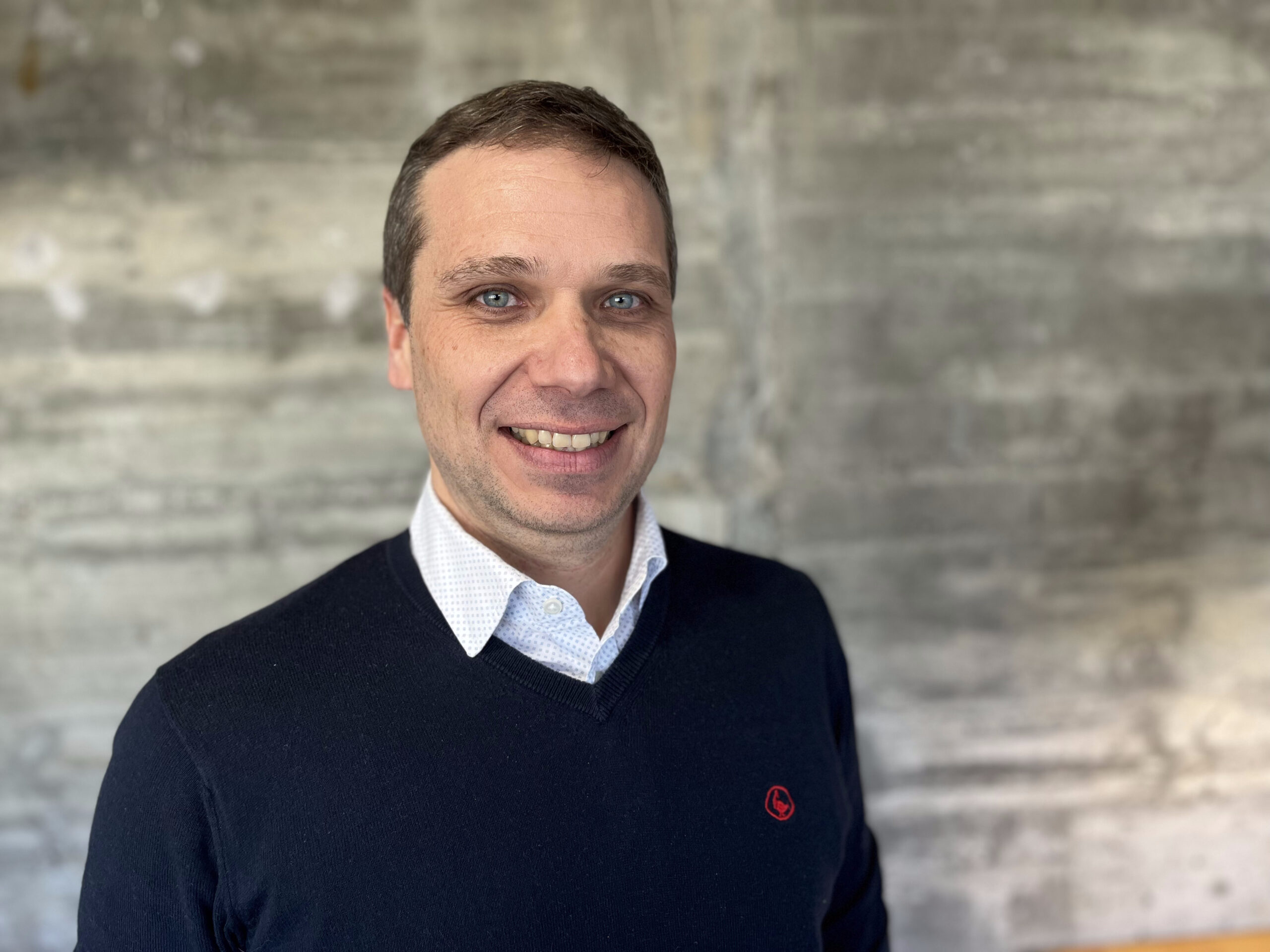
Sergio Ponsá Salas, Beta Technological Center
Sergio is the director of Beta Technological Center of University of Vic – Central University of Catalonia (UVIC) in Vic, Spain. He also is professor at the faculty of science and technology at UVIC. He completed his PhD in environmental sciences and technology at Universitat Autònoma de Barcelona.
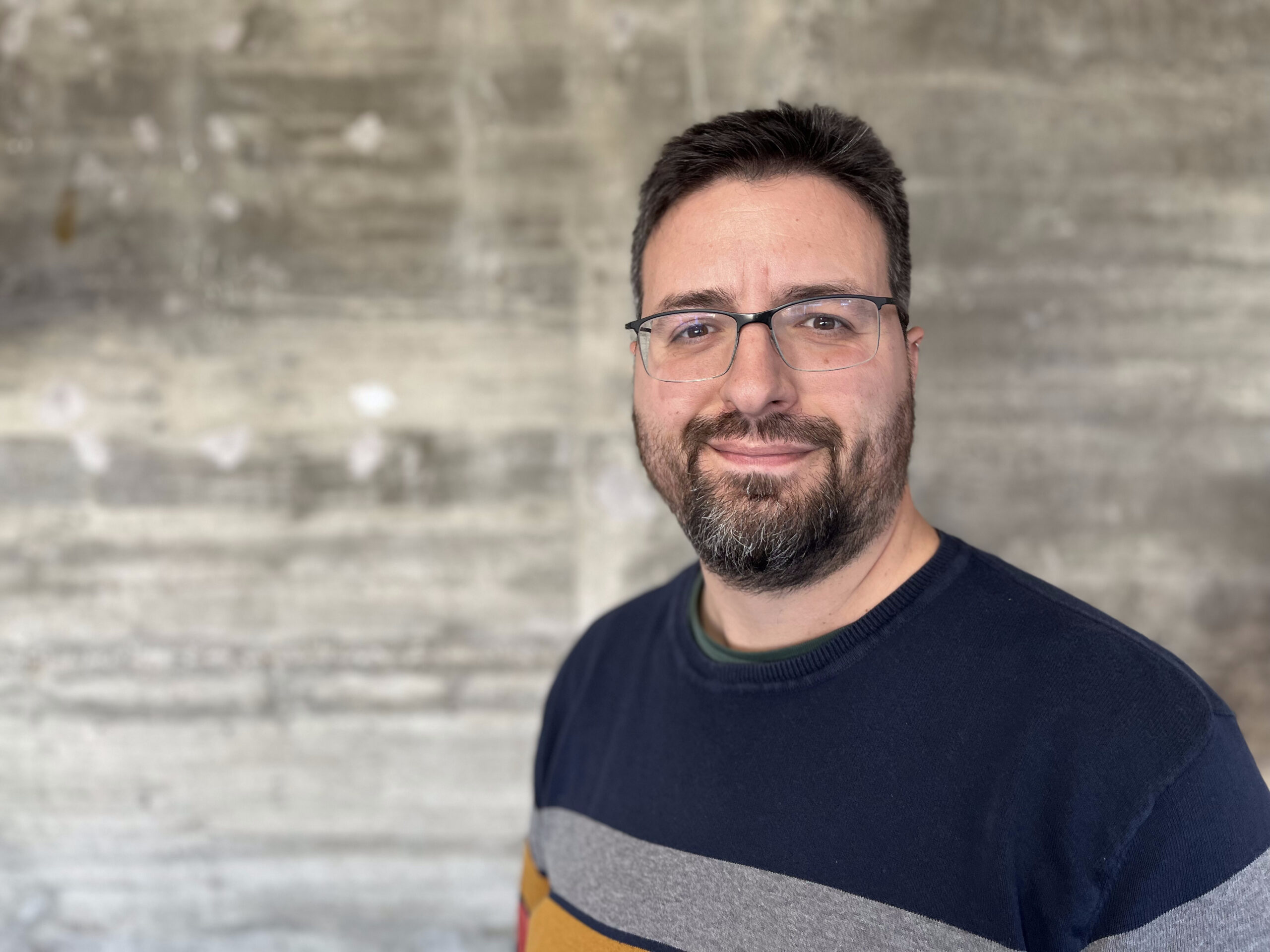
Albert Palou, Beta Technological Center
Albert is head of communication and institutional relations at Beta Technological Center of University of Vic – Central University of Catalonia (UVIC) in Vic, Spain. He completed his PhD in science and technology at UVIC. He also holds a master’s degree in primatology and biodiversity management from Universitat de Barcelona.
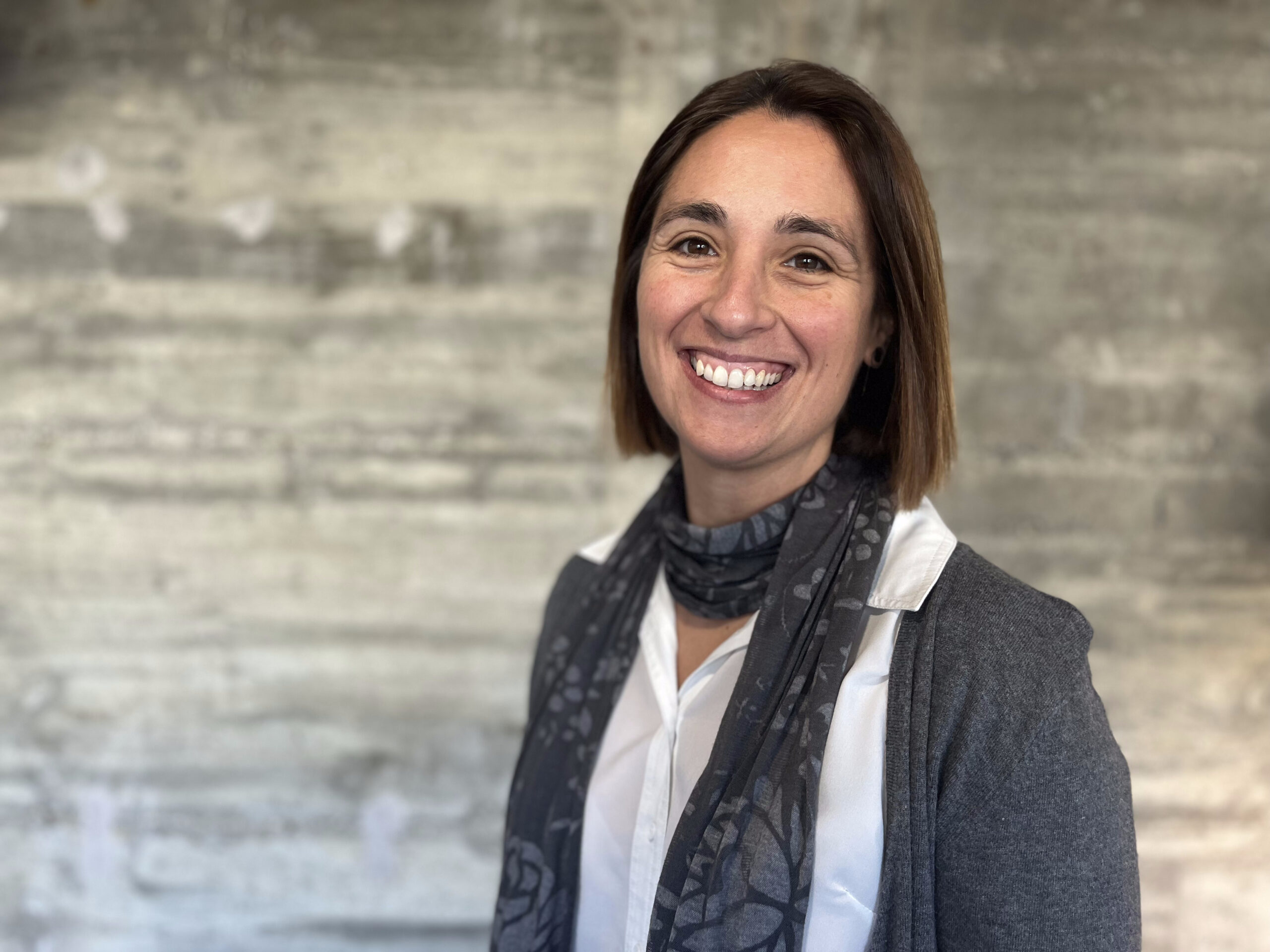
Laia Llenas Argelaguet, Beta Technological Center
Laia is deputy director at Beta Technological Center of University of Vic – Central University of Catalonia in Vic, Spain. She completed her PhD in chemical engineering at the Universitat Politècnica de Catalunya. He also holds a master’s degree in chemical engineering.
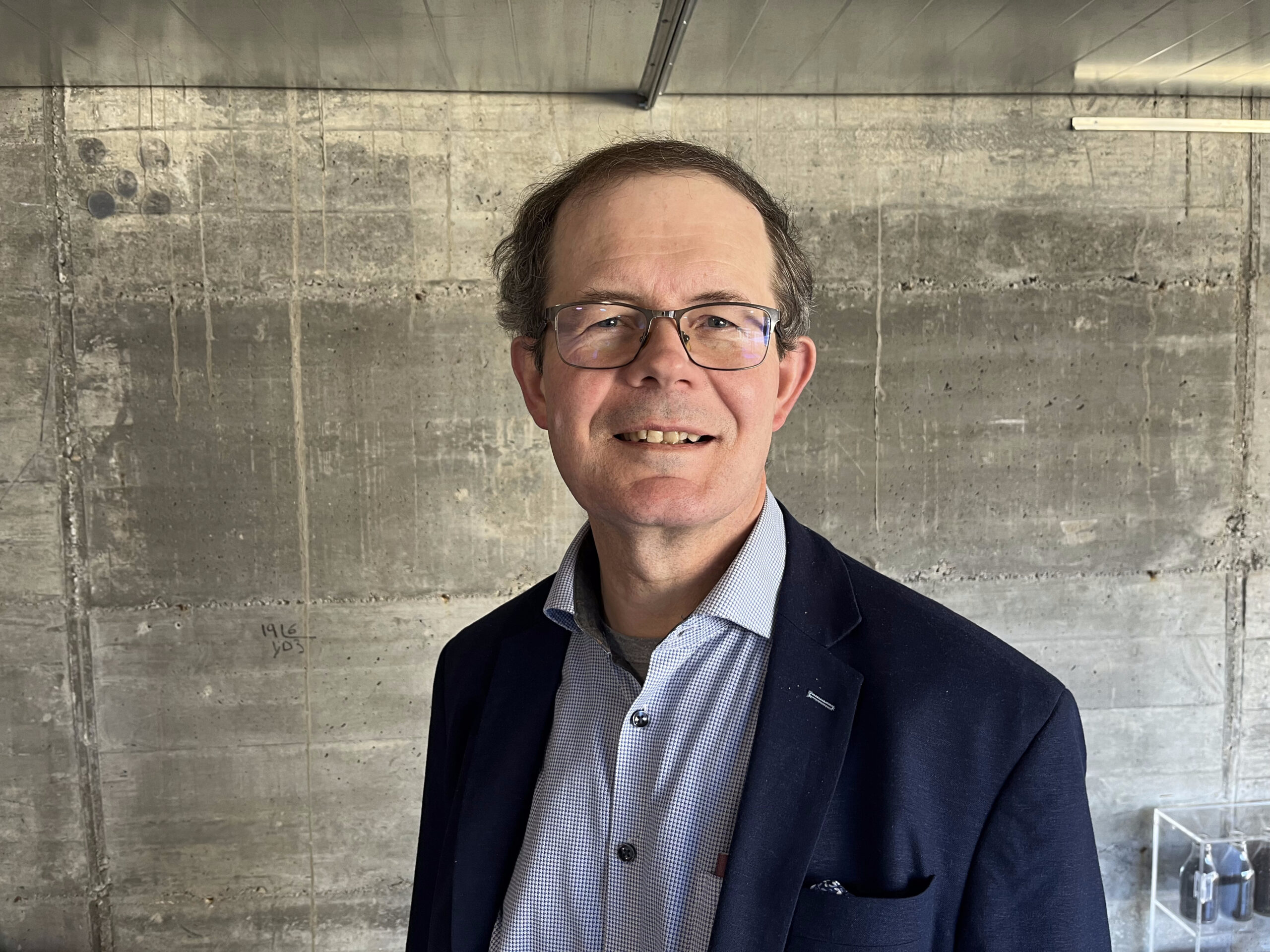
Claus Sørensen, Aarhus University
Claus is a professor at the Operations Management Unit at Aarhus University, Denmark. He holds a master’s degree in agronomy from the Agricultural University of Denmark and a PhD on production and operations management from the Technical University of Denmark.
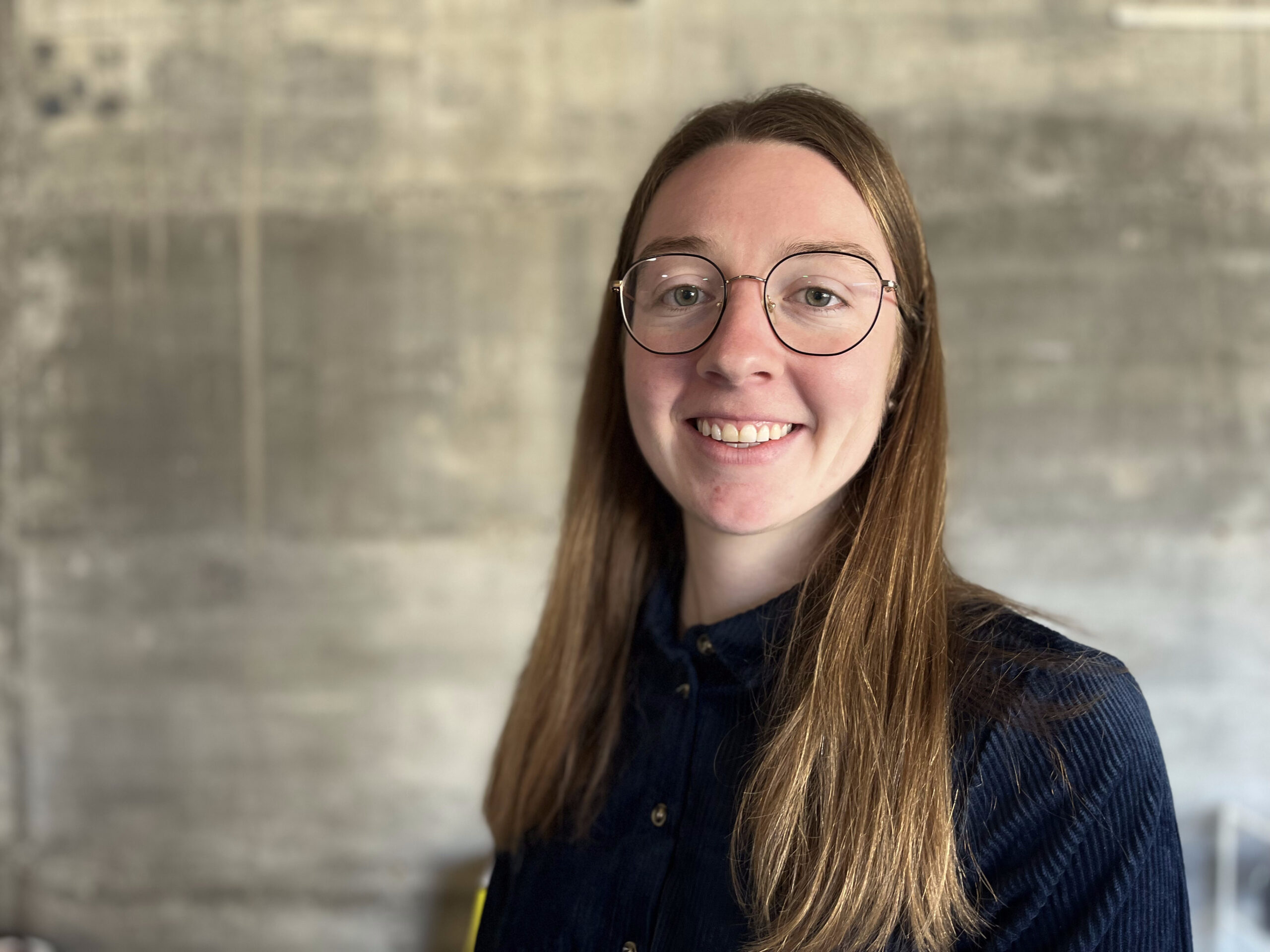
Céline Wyffels, Biogas-E
Céline is a project employee at Biogas-E, a non-profit organisation specialised on biogas in Kortrijk, Belgium. Celine holds a master’s degree in biology from KU Leuven.

Daniel Hölle, ESCI
Daniel is a science communicator at the European Science Communication Institute (ESCI) in Germany. He completed his PhD in neuropsychology at the University of Oldenburg. He also holds a master’s degree in neuropsychology.

Maria Pascual Sánchez, WE & B
Maria is a sustainability consultant at Water, Environment and Business for Development (WE & B) in Barcelona, Spain. She holds a master’s degree in environmental studies and sustainability science from Lund University (Sweden).
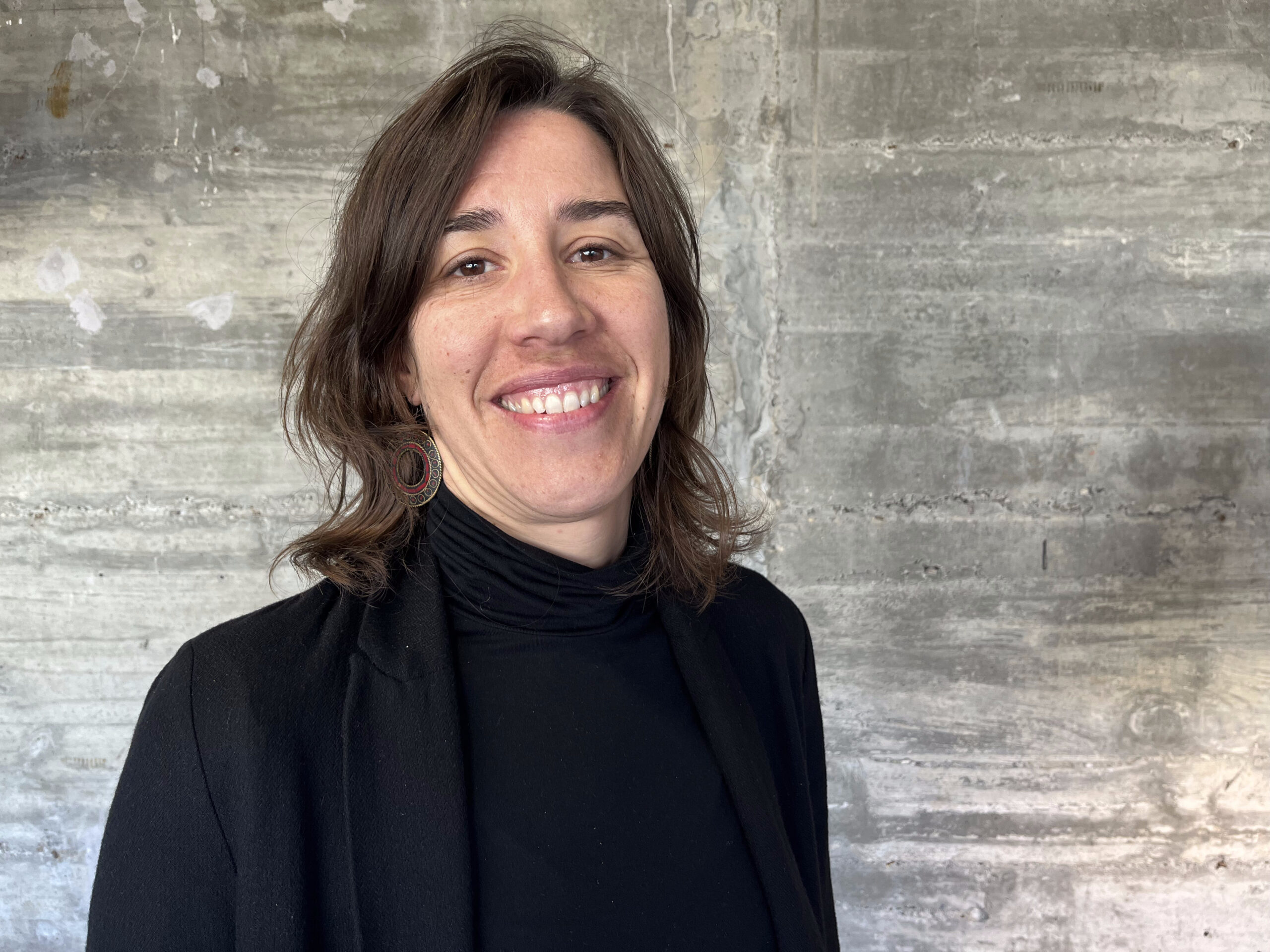
Beatriz Medina, WE & B
Beatriz is a socio-environmental innovation expert at Water, Environment and Business for Development (WE & B) in Barcelona, Spain. She holds a master’s degree in environmental sciences from the Universidad de Alcalá and a master’s in science communication from Universitat Pompeu Fabra.
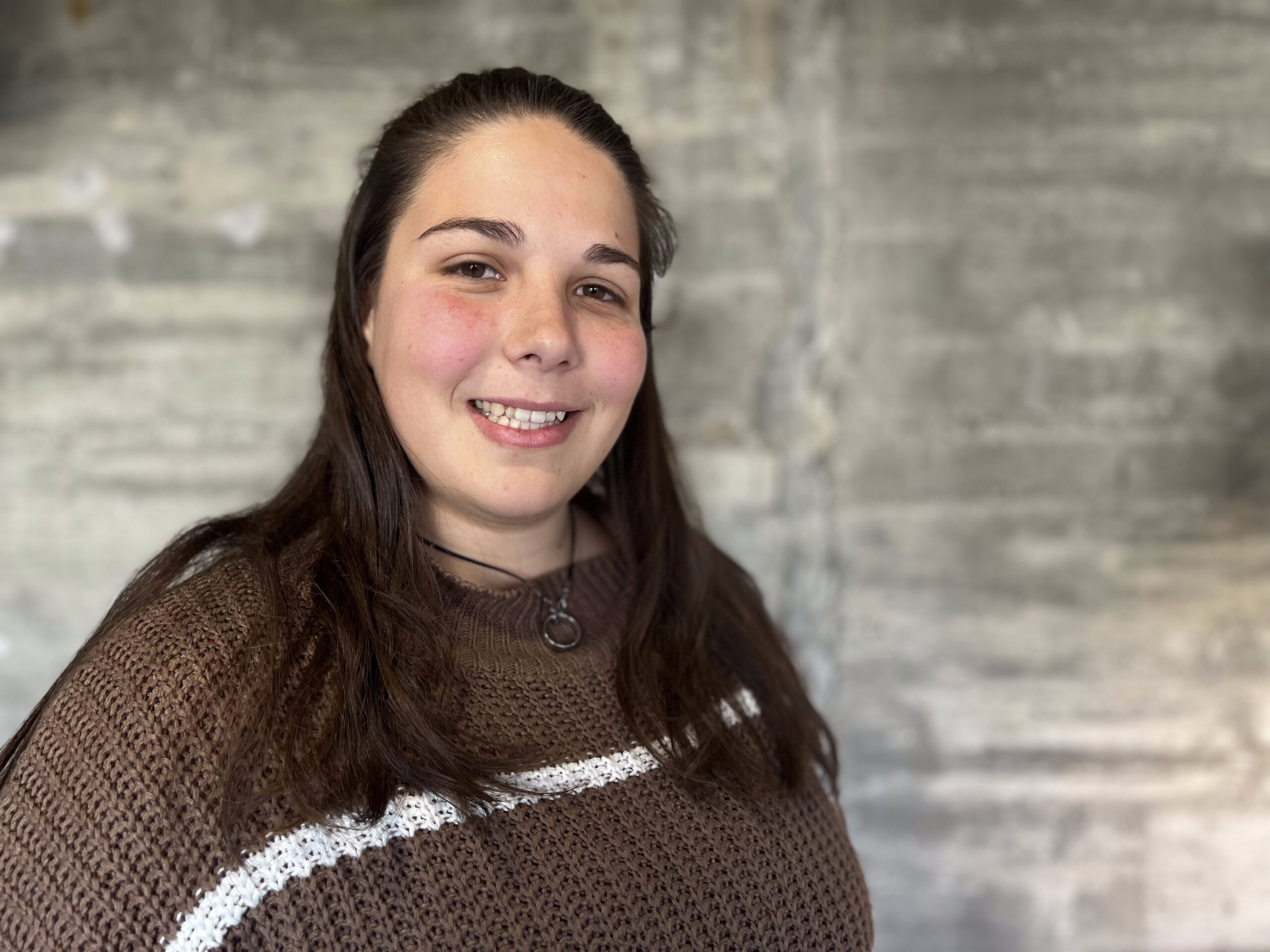
Clara Fullana, FCAC
Clara is a project manager at Federació de Cooperatives Agràries de Catalunya (FCAC), an agricultural organisation in Barcelona, Spain. She holds a bachelor’s degree in agricultural engineering from Universitat Politècnica de Catalunya.
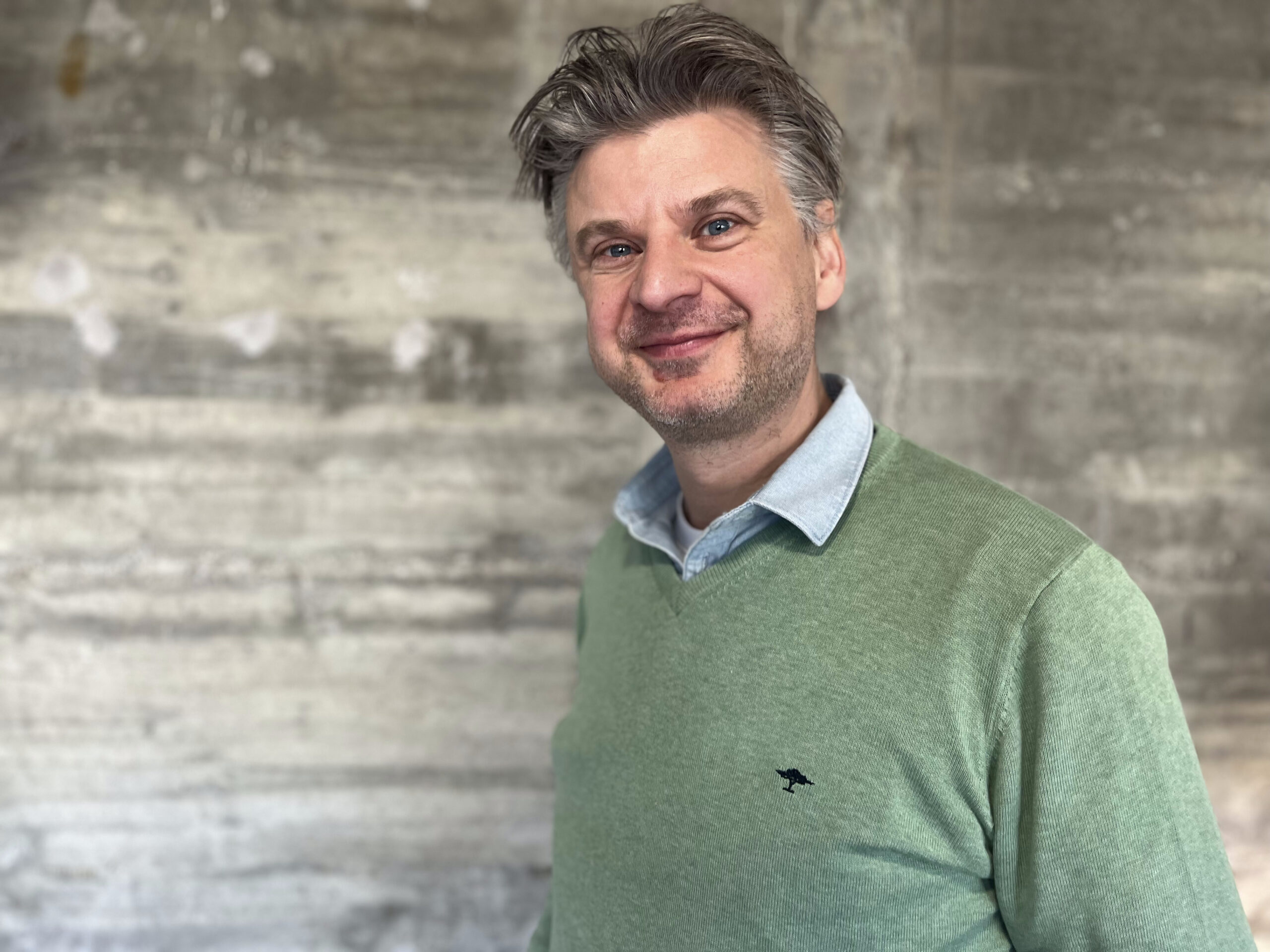
Erik Meers, Ghent University
Erik is a professor at the Department of Green Chemistry and Technology at Ghent University, Belgium. He completed his PhD on bioscience engineering at Ghent University.
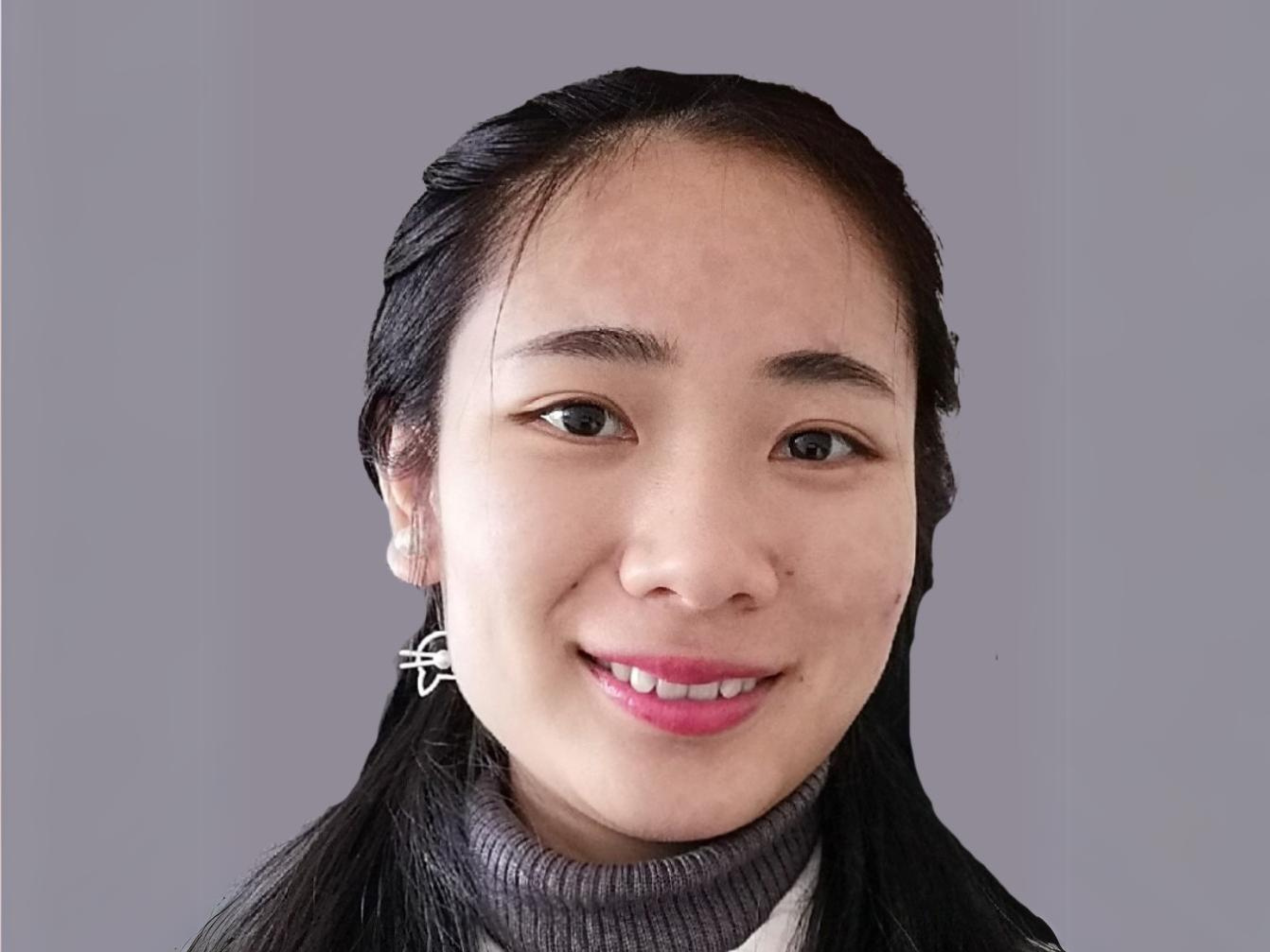
Hongzhen Luo, Ghent University
Hongzhen is a postdoctoral researcher at Ghent University, Belgium. She completed her PhD in agricultural and environmental science at Ghent University. She also holds a master’s degree in agricultural engineering from China Agricultural University.
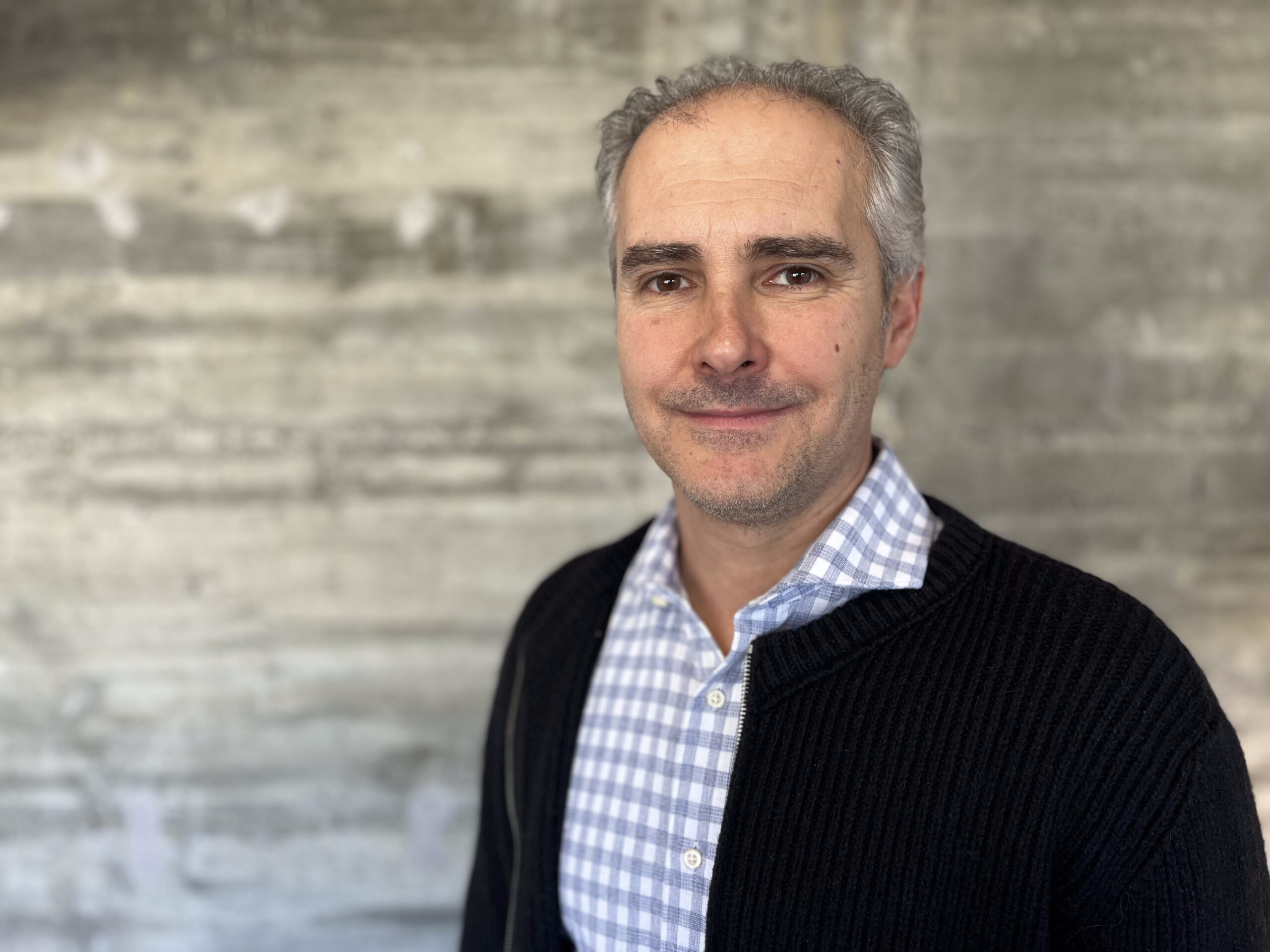
Giuseppe Moscatelli, CRPA
Giuseppe is a researcher at Environment Department at Research Centre on Animal Production (CRPA), a research and consulting organisation focused on the improvement of the livestock sector and the related agro-industry, based in Reggio Emilia, Italy. He holds a master’s degree in environmental science from Università degli Studi di Parma.
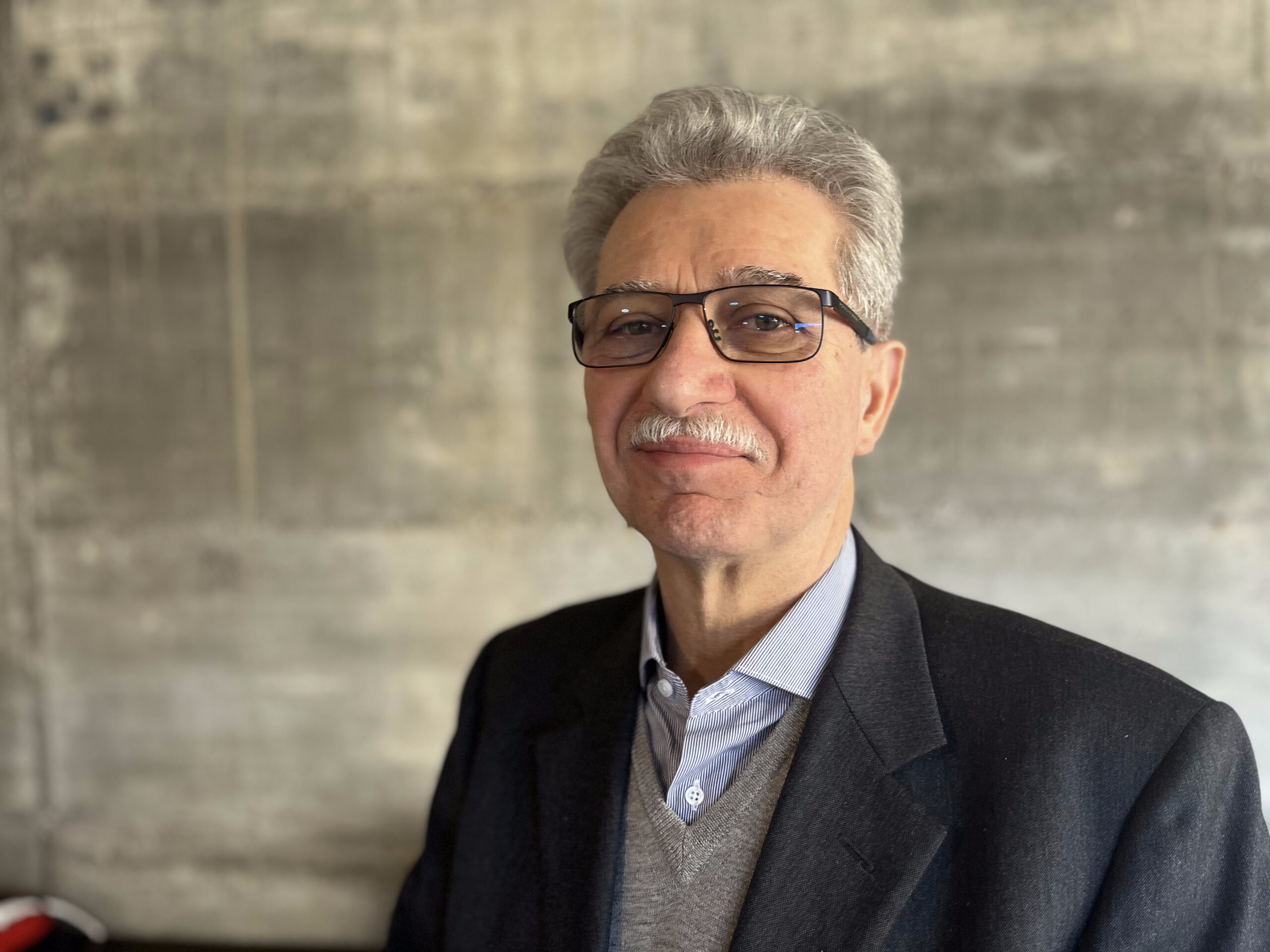
Sergio Piccinini, CRPA
Sergio is a senior researcher and Head of Environment Department at Research Centre on Animal Production (CRPA), a research and consulting organisation focused on the improvement of the livestock sector and the related agro-industry, based in Reggio Emilia, Italy.

Paula Jimeno, DACC
Paula is a technical manager at the Ministry of Climate Action, Food and Rural Agenda (DACC) in Barcelona. She holds a master’s degree in food safety from Universitat de Barcelona.
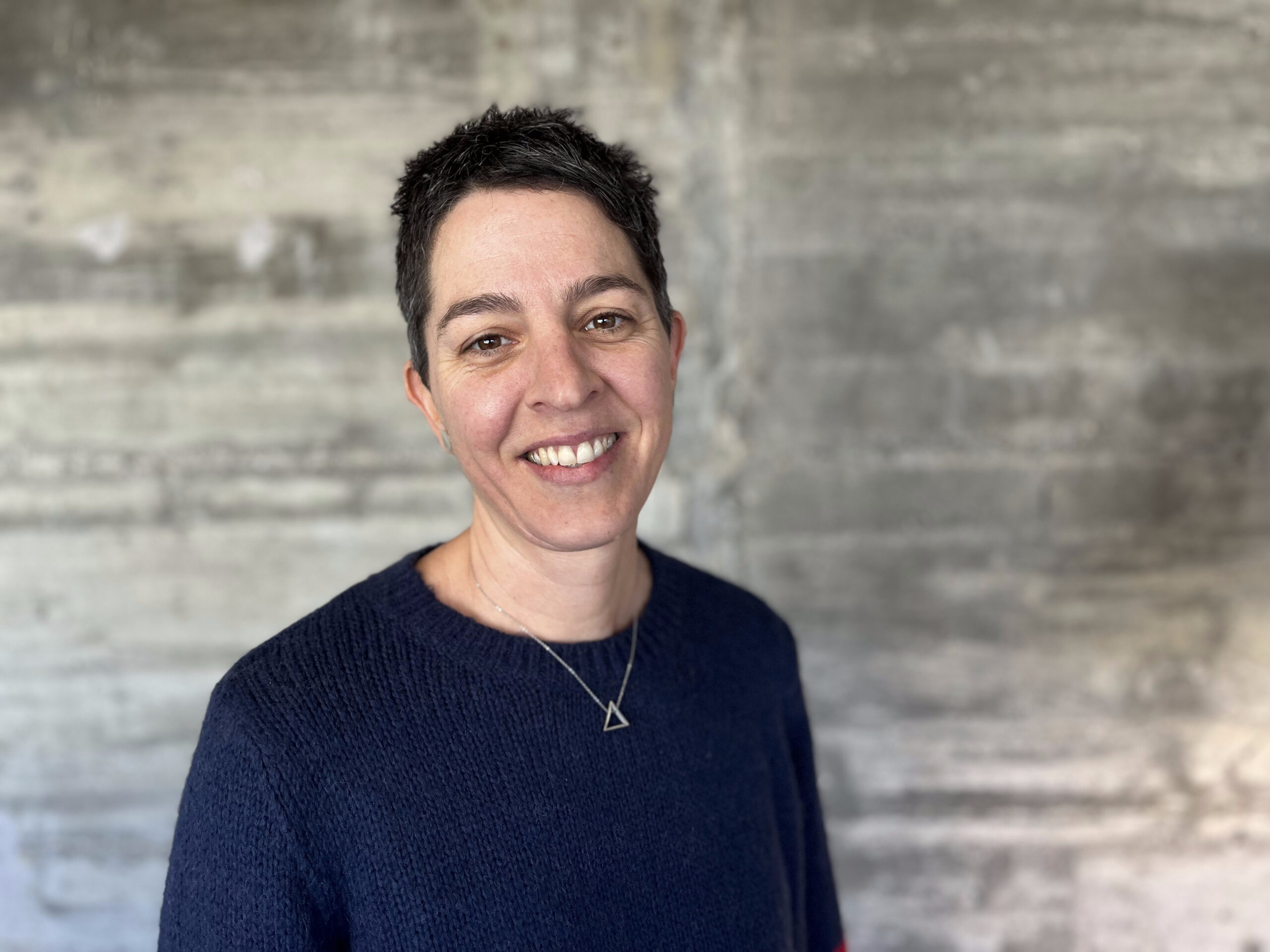
Marta Davi, DACC
Marta is a technical manager at the Ministry of Climate Action, Food and Rural Agenda (DACC) in Barcelona. She holds a bachelor’s degree in agricultural engineering from University of Girona.
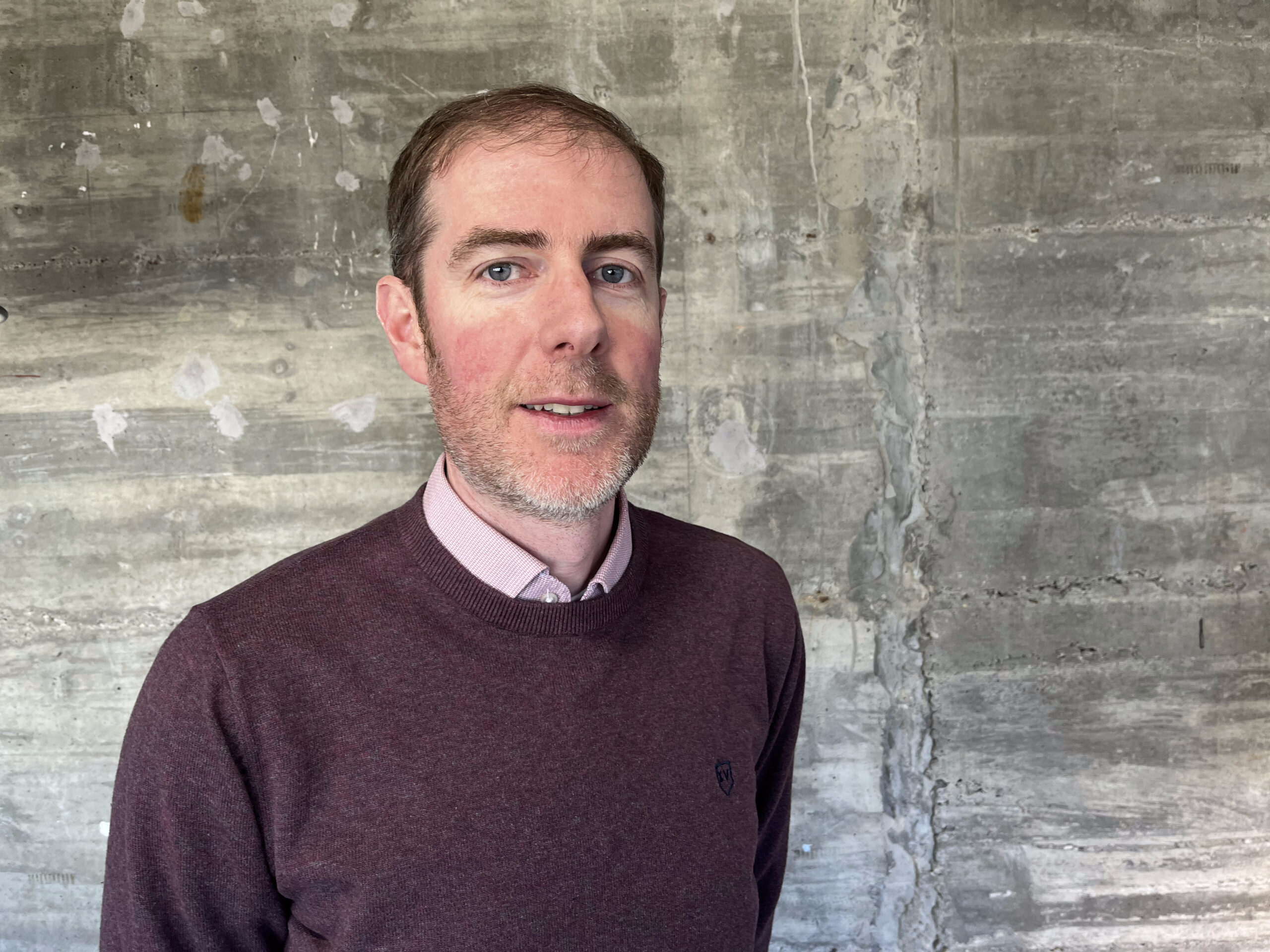
Patrick Forrestal, Teagasc
Patrick is senior research officer at Teagasc, an agriculture and food organisation based in Carlow, Ireland. He completed his PhD in plant science at the University of Maryland (USA). He also holds a master’s degree in plant pathology and agronomy from University College Dublin.
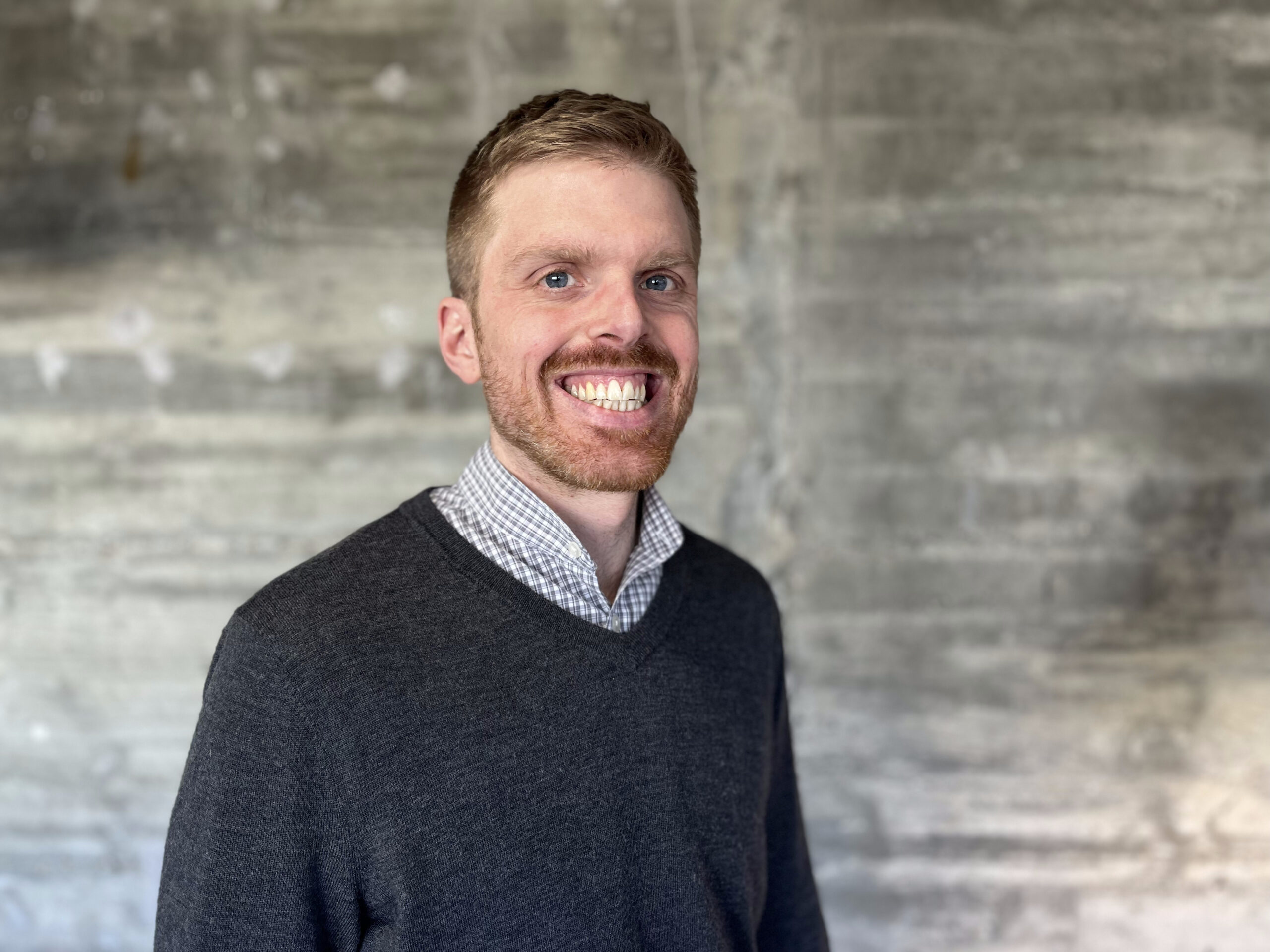
Stephen Meredith, Irish Organic Association
Stephen is a senior policy officer at Irish Organic Association, a non-profit organisation specialised in certifying in organic produce. He holds a master’s degree in organic farming from Scotland's Rural College.
